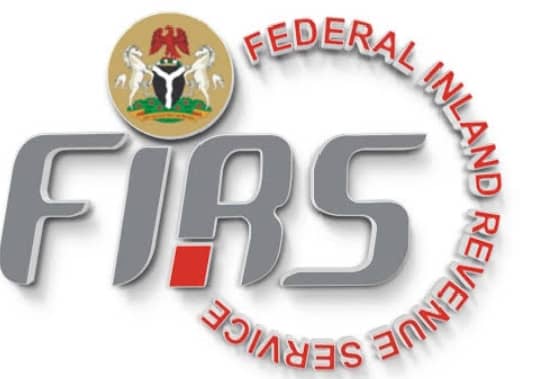The Chairman of the Federal Inland Revenue Service (FIRS), Zack Adedeji, has clarified that the four tax reform bills recently presented to the National Assembly aim to harmonise the country’s tax laws without introducing new taxes or increasing existing rates.
Speaking at a meeting with the House Committee on Finance ahead of the second reading of the bills, Adedeji emphasized that the bills are not intended to merge any government agencies or cause job losses.
Adedeji explained that the reforms are designed to address the multiplicity of taxes resulting from tax laws scattered across various legislative frameworks, leading to confusion and inefficiencies in tax administration.
“We want to harmonise all the tax laws because we have tax laws scattered in different establishment laws passed over time,” he said.
“Each agency that has a tax law must implement it, and this has contributed to the multiplicity of taxes.”
He added that President Bola Tinubu saw the need for these reforms to streamline the fiscal framework and improve Nigeria’s investment climate. “Mr. President believes that harmonising our tax laws will help reduce the number of taxes, making compliance simpler and more transparent,” Adedeji said.
Among the key features of the bills, Adedeji highlighted the need to regulate new financial technologies like cryptocurrency, noting that Nigeria must align with global practices.
He also stressed the importance of efficiency in government spending, citing the Treasury Single Account (TSA) as a successful reform that allowed the government to gain a clear view of its financial resources.
Adedeji outlined several principles guiding the tax reforms, including improving transparency and integrity in revenue collection, modernising the tax system to reflect current realities, and ensuring Nigeria remains a competitive destination for investment.
“We are still using tax laws from 1939, when there was no internet or online shopping. These bills will align our tax system with today’s realities and global standards,” he said.
He reassured stakeholders that the reforms are not intended to burden Nigerians with more taxes. “The President is not interested in taxing poverty or inflation. In fact, he believes that the existing taxes should be harmonised, and we should have less than two digits in terms of the number of taxes,” he stated.
The FIRS Chairman also discussed the proposed structure of the reforms, including the Nigeria Tax Act, which will consolidate all tax laws in a single document, reducing the complexity of compliance.
He also mentioned the Nigeria Tax Administration Act, which will unify the administration of taxes, ensuring uniformity in payment deadlines and compliance processes.
Also, the Nigeria Revenue Service Act will replace the current FIRS Act to better reflect the agency’s role in collecting revenue for both the federal and state governments. “Today, we collect VAT, and 85 percent of it goes to the states. So, calling us the Federal Inland Revenue Service is not entirely accurate anymore,” He explained.
He lastly pointed to the importance of a Joint Revenue Board to resolve conflicts between states and local governments on revenue matters, providing a legal framework for amicable dispute resolution.
Chairman of the House Committee on Finance, James Abiodun Faleke (APC, Lagos), commended the FIRS for the comprehensive briefing, noting that it provided members with crucial information to contribute meaningfully during the second reading of the bills.












